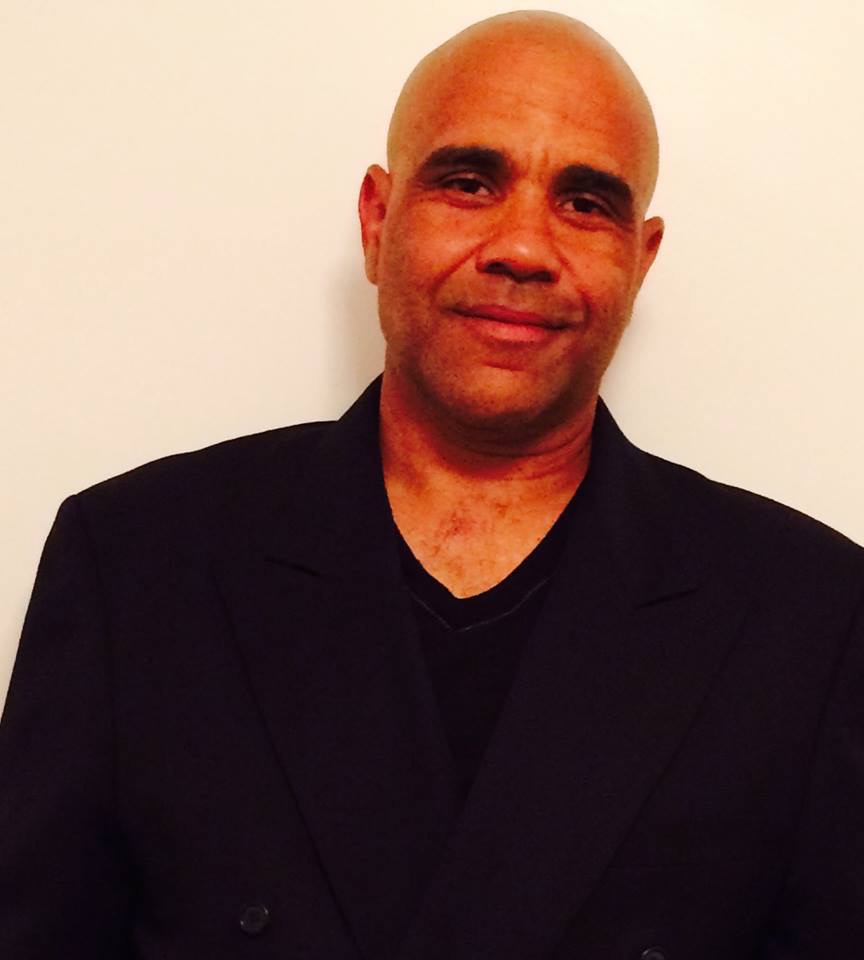The "If it bleeds, it leads" reporting ethos by local media, coupled with the accelerator of 24-hour news coverage, amplifies in the minds of many that violence appears to be the everyday norm. Exposure to notions of violence on young minds, without the vantage point of life experience, often leaves young people unable to put the news into historical context. At some level, this imbalance can skew a young person's limited view of the world. A young person today can grow up thinking that violence is the norm. In reality, this is the exception for most, rather than the rule.
More far-reaching is the tough economic conditions that have been particularly destructive for young adults. Millions have lost homes, jobs (i.e., housing bubble), retirement savings, and in some cases: hope. Young high school and colleges graduates are finding limited opportunities in the job market. From 2003 to 2013, the unemployment rates for 16 to 24 year olds remained twice the national average that has skyrocketed from 5% to over 9%. (Source: Bureau of Labor Statistics). And for those young workers that land a job, they see and feel the buying power of their wages continue to slide. College and high school graduates' wages are abysmally lower than in 2000. "The real (inflation-adjusted) wages of young high school graduates are 5.5 percent lower today than in 2000, and the wages of young college graduates are 2.5 percent lower." (Source: "The Class of 2015: Despite an Improving Economy, Young Grads Still Face an Uphill Climb" by Alyssa Davis, Will Kimball, and Elise Gould. May 27, 2015.) All the while, looming over the economic horizon, is the slow and steady rise of robots and artificial intelligence (AI). It is an open secret these technologies are eating up entry-level jobs once filled by young workers vying to break into the labor market. All of these challenges equate to a generation losing hope of gaining the wherewithal to buy a home, to get married and start a family.
Dylann Roof and Dzhokhar Tsarnaev have grown up in a nation that has ceaselessly been at war, nurtured a culture of violence and provided bleak jobs prospects for young adults. There is a case to be made insofar as these broader influences played a part that led these two young men to turn violently angry. Certainly, Mr. Roof and Mr. Tsarnaev were taught that killing is wrong but, more often than not, youth are more influenced by the conditions they know and live, as opposed to abiding by mere platitudes.
The twenties is an age for redeemability for most. Child and adolescent transgressions inform the growth of a responsible adult. But this is not the case for everyone. Mr. Tsarnaev will meet his death for crimes committed in his not-so-distant youth. The accused Mr. Roof's immediate future will likely include lifelong incarceration if not, state-sanctioned death.
The accused, Dylann Roof and Dzhokhar Tsarnaev, took innocent lives and they should be held accountable by the justice system. But I will argue they did not choose to grow up in a tumultuous moment in our history. A moment, at least for Dylann Roof and Dzhokhar Tsarnaev and many in their generation, where the youthful hope for a more peaceful society is thin. Their generation holds on to a hope that would bear more opportunities than their parent's generation. Lamentably, for many in this generation, that hope, for much of their lives, has wandered out of reach.
(Article changed on July 10, 2015 at 12:49)
(Article changed on July 10, 2015 at 15:28)
(Article changed on July 10, 2015 at 21:58)
(Note: You can view every article as one long page if you sign up as an Advocate Member, or higher).





